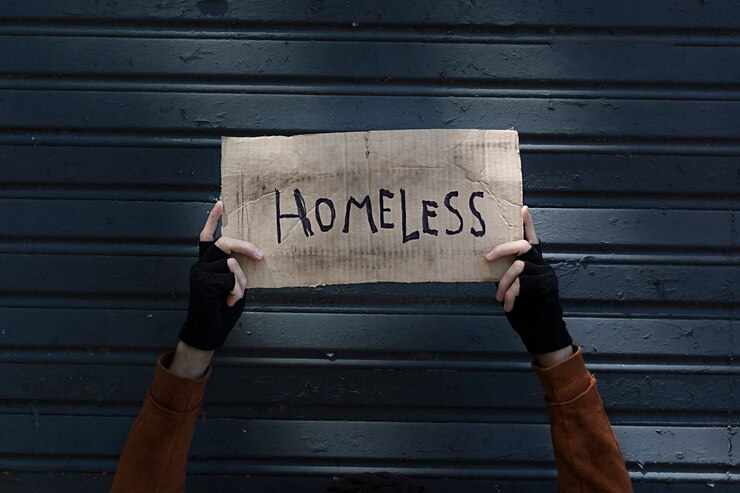A crypto-backed real estate company once hailed as a disruptor now risks leaving Detroit renters homeless amid financial turmoil. Promising modern solutions to the housing market through blockchain technology, the company now risks destabilizing the lives of tenants who depend on their properties for housing.
For many renters, the appeal of affordable homes in Detroit, a city long celebrated for its resilience, seemed like a lifeline. But behind the promises of innovation, cracks have begun to show.
“We thought this company was the future, Now, I don’t even know if I’ll have a place to live next month.”
Said one tenant.
Broken Promises and Rising Tensions
The company’s business model allows investors to buy properties or shares in properties using cryptocurrency. This was pitched as a way to democratize real estate and breathe new life into undervalued markets like Detroit. However, steep drops in cryptocurrency value and reports of mismanagement have left tenants in limbo.
Many renters report delays in property repairs and a lack of accountability. Some worry outright about eviction if the company collapses due to frozen assets or legal battles that could leave homes in limbo. “We call for repairs, but no one comes,” said Maria, a renter in her forties. “And now with these legal issues, it feels like we’re invisible to them.”

The Impact on Detroit’s Housing Market
Greater hazards to Detroit’s housing market are posed by the company’s instability. The city has struggled to keep accessible housing for its citizens, still recovering from decades of economic misery.
Critics caution that such companies treat local neighborhoods as digital assets rather than as communities. Once properties are caught up in speculation, it squeezes out affordable options for long-term residents.
“This isn’t just affecting one renter or one building,” said local housing advocate Jerome Powell. “It’s destabilizing entire neighborhoods, turning homes into tokens on a blockchain instead of places where people raise families.”
When landlords prioritize profits over people, tenants are often left to absorb the fallout. Many feel powerless, unsure about their legal rights or how to demand accountability from a landowner who operates in the shadowy world of crypto investment.

What’s Next for Tenants?
Detroit residents are calling for tighter regulations to protect renters from what they see as the fallout of unchecked experiments in housing markets. Advocates are pushing for measures that shield tenants from evictions tied to financial mismanagement by landlords.
Some suggest stricter oversight of real estate transactions involving crypto to prevent future crises.
For now, tenants are left hoping for clarity. “We’re not just numbers in someone’s portfolio,” said Maria. “We’re people. We just want stable homes for our families without all this chaos.”
Detroit’s housing crisis is a reminder that while innovation in real estate offers promise, it must be built on stability—because at the end of the day, homes aren’t just investments, they’re people’s lives.





